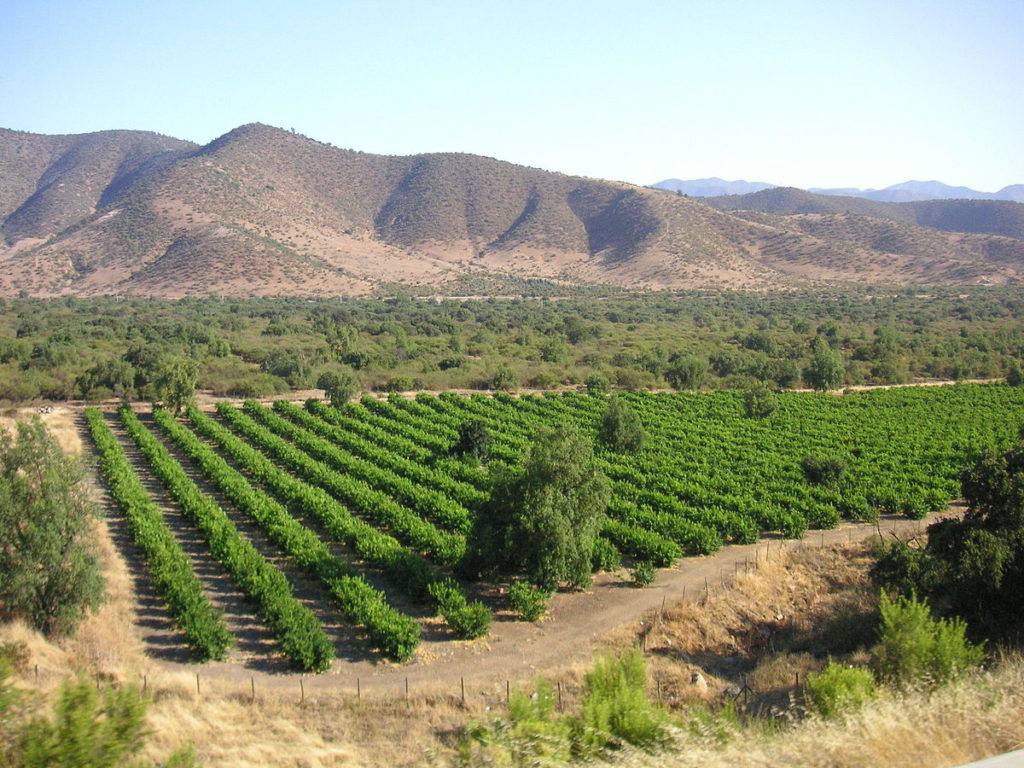
A proposal to annul water rights granted to Chile’s private sector over the past four decades was approved in an initial vote by an environmental committee as part of the process to draft a new constitution.
The plan would require mines, agribusinesses and utilities to seek temporary permits to use water in a new model that prioritizes human consumption, the sustainability of water reserves and indigenous rights. Other non-industrial holders of water rights would receive compensation within two years.
Thursday’s vote is just a first step, with the norm requiring subsequent approval by the committee, as well as a two-thirds majority by the full assembly before becoming part of a draft charter that will go to a referendum in the second half of the year.
The proposal would mark another major step toward enshrining water as a human right as depleting supplies increase scrutiny of one of the world’s most privatized allotment systems. In January, congress passed a bill to cap unlimited water allocations at 30 years and empower regulators to suspend rights that aren’t being used, or if supplies are at risk.
By protecting the rights of agricultural, energy and mining companies, the current system helped Chile become a major exporter of goods from copper to avocado and wine. But more than a decade of drought and lax oversight has left some communities dry, elevating water to a key social justice issue.
Water is part of a broader push in Chile to overhaul a model that used privatized social services to help create one of the region’s most vibrant economies but which left many people behind. Those concerns underpinned an eruption of street protests in 2019 that gave rise to the Constitutional Assembly.
(By Valentina Fuentes and James Attwood)
Comments